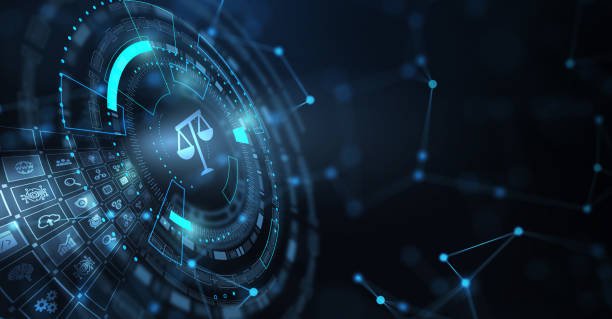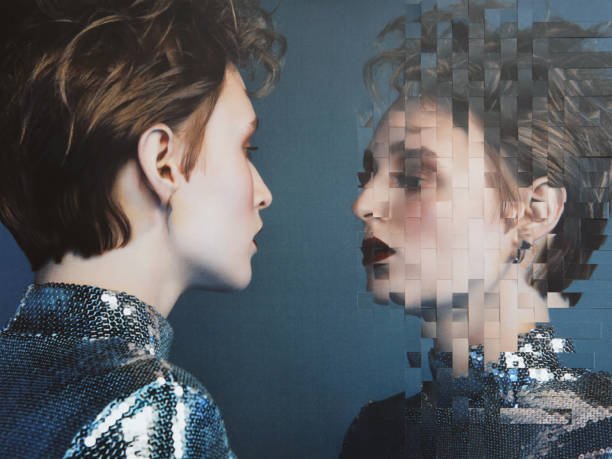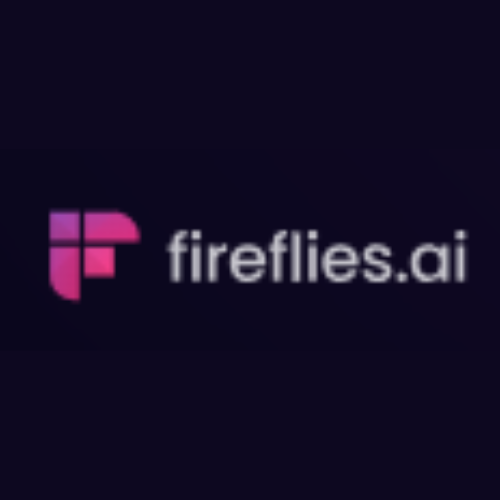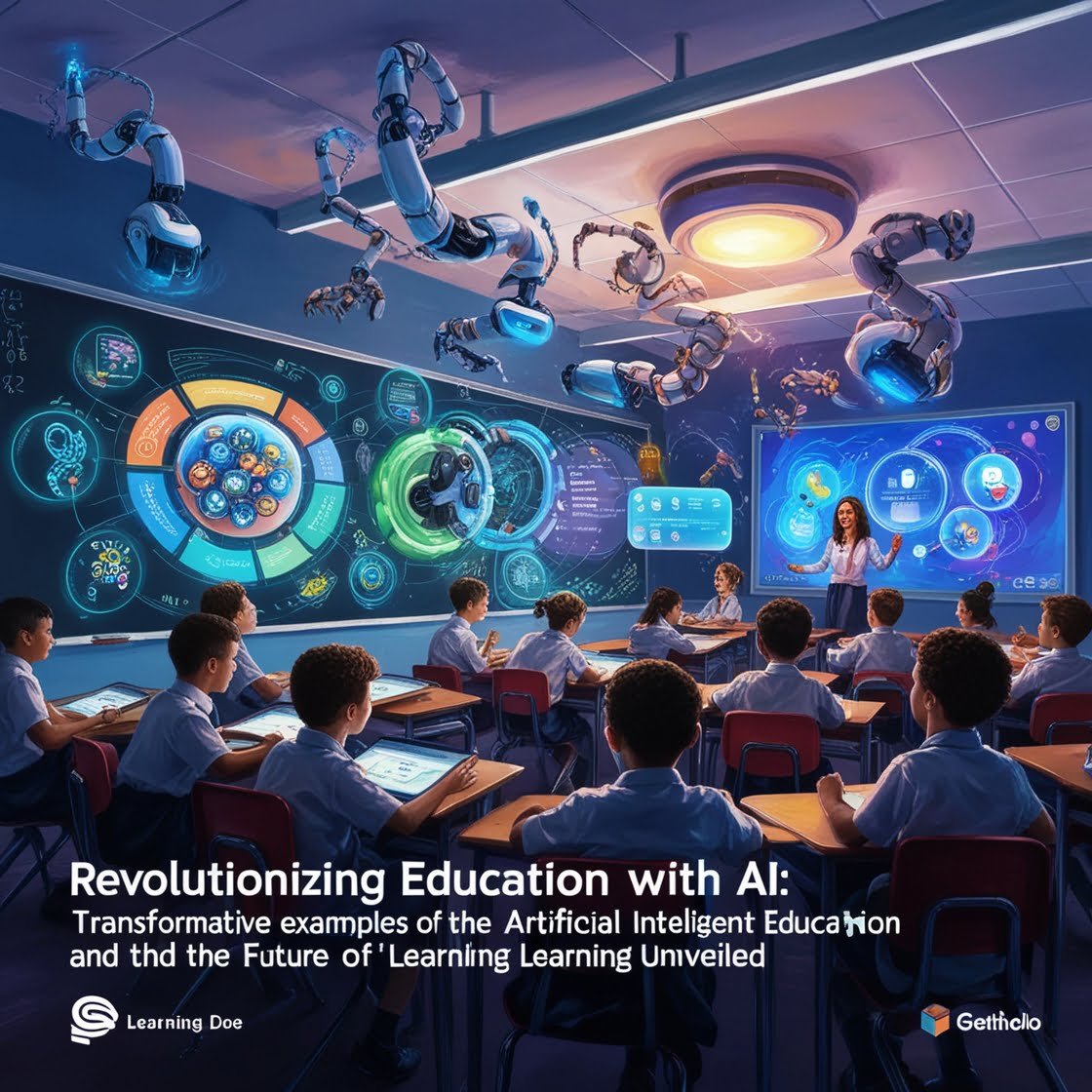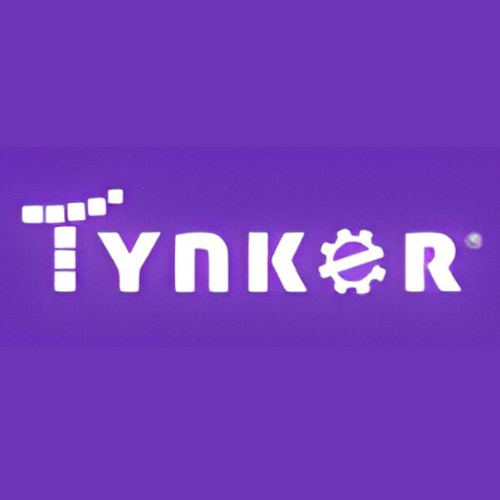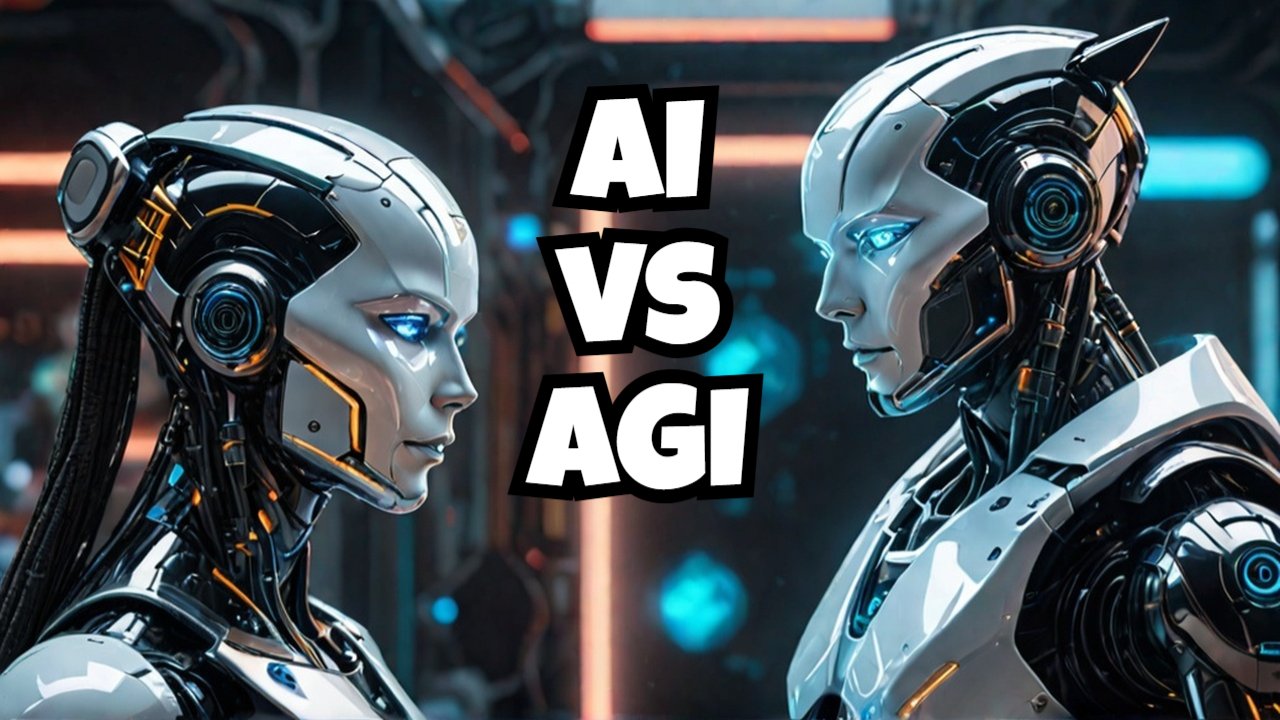In a groundbreaking move, a YouTube creator has stepped into the legal arena, taking on tech giant OpenAI Inc. This class action lawsuit, filed in the Northern District of California, marks a significant moment in the ongoing debate about AI and content ownership.
Imagine you’re a content creator, pouring hours into crafting engaging videos. Now, picture a company using your hard work without your permission. That’s the crux of this legal battle.
The lawsuit challenges the very foundations of how AI companies gather and use data. It’s not just about one creator – it’s about setting a precedent for the entire digital content landscape.
This case could reshape the relationship between content creators and AI companies. It raises crucial questions about the balance between technological advancement and individual rights in the digital age.
As we delve deeper into this case, we’ll uncover its far-reaching implications for creators, tech companies, and the future of AI development.
A YouTube creator’s lawsuit against OpenAI could set a landmark precedent for content rights in the AI era.
Understanding the Lawsuit: Key Allegations
At the heart of this legal battle are serious allegations that could shake the AI industry. Let’s break down the key points:
Copyright Infringement
David Millette, the YouTube creator leading this charge, claims OpenAI used his content without permission. It’s like finding out someone’s been borrowing your car without asking – but in this case, it’s intellectual property.
Unfair Competition
The lawsuit alleges that OpenAI gained an unfair advantage by using creators’ content for free. Imagine competing in a race where your opponent gets a free ride halfway through – that’s the essence of this claim.
Unjust Enrichment
This allegation suggests OpenAI profited from creators’ work without compensating them. It’s akin to a restaurant using a chef’s secret recipe without giving credit or payment.
Violation of California Law
The lawsuit also claims OpenAI’s actions violate specific California laws protecting content creators. This adds a local legal dimension to the case.
These allegations aren’t just legal jargon – they represent real concerns for content creators worldwide. If upheld, they could force AI companies to rethink their data collection and usage practices.
The case highlights the growing tension between rapid AI advancement and the rights of individual creators. It’s a classic David vs. Goliath scenario, playing out in the digital age.
The lawsuit against OpenAI alleges multiple violations, including copyright infringement and unfair competition, challenging the company’s data usage practices.
OpenAI’s Use of YouTube Video Transcripts
OpenAI’s approach to training its language models has come under scrutiny. The company allegedly used video transcriptions from YouTube as part of its massive training dataset.
Imagine a voracious reader devouring every book in a library. That’s how OpenAI’s AI consumed YouTube transcripts – absorbing massive amounts of text to improve its language understanding.
This method allowed the AI to learn from diverse content, from casual vlogs to educational lectures. However, it raises questions about consent and fair use.
The scale is staggering – potentially millions of hours of video content transformed into valuable training data without creators’ explicit permission.
OpenAI’s use of YouTube video transcripts for AI training highlights the ethical challenges in sourcing data for language models.
The Role of AI in Content Creation
AI’s role in content creation is evolving rapidly, blurring the lines between human and machine-generated work.
Imagine an AI as a super-powered writing assistant. It can generate articles, scripts, and even poetry based on its training. This capability comes from large language models trained on vast datasets.
These AI products are revolutionizing industries:
– Journalists use AI for quick drafts
– Marketers employ it for personalized content
– Students utilize it for research assistance
However, this raises questions about originality and creativity. As AI becomes more sophisticated, distinguishing between human and AI-generated content becomes increasingly challenging.
AI’s growing role in content creation offers both opportunities and challenges, fundamentally changing how we produce and consume information.
Impact on Content Creators and YouTube Users
The lawsuit’s outcome could significantly affect both content creators and YouTube users.
For creators:
– Ownership rights could be strengthened
– Potential for compensation for AI use of their content
– Increased control over how their work is used
For users:
– Changes in content availability if creators restrict access
– Potential improvements in AI-generated content quality
– Possible increases in subscription costs if platforms need to pay for data
Imagine you’re a YouTuber who’s spent years building a channel. Suddenly, you discover your content is being used to train AI without your knowledge. This lawsuit addresses that concern.
On the flip side, as a YouTube user, you might benefit from more advanced AI features. But at what cost to creators?
This case could redefine the relationship between creators, platforms, and AI companies. It’s about finding a balance between innovation and protecting the rights of those who create the content we enjoy.
The lawsuit’s outcome could reshape the digital content landscape, affecting both creators’ rights and users’ experiences on platforms like YouTube.
Potential Damages and Injunctive Relief
The lawsuit seeks significant remedies:
– Monetary damages to compensate affected creators
– Punitive damages to deter future violations
– Injunctive relief to stop unauthorized use of content
Imagine a scenario where each YouTube video used becomes a paycheck for its creator. That’s the potential impact of monetary damages.
Punitive damages could be a game-changer, forcing AI companies to rethink their data collection strategies.
Injunctive relief might require OpenAI to delete or stop using certain datasets, potentially slowing AI development.
The lawsuit aims to reclaim value for the time and data contributed by class members, setting a precedent for future AI-related cases.
The lawsuit seeks substantial damages and restrictions on data use, potentially reshaping AI companies’ practices and compensating creators.
Broader Implications for AI Companies
This lawsuit could have far-reaching consequences for the entire AI industry.
Consider these potential outcomes:
Data Acquisition Challenges
AI companies might face restrictions on data sources, forcing them to find new ways to train their models.
Cost Increases
If companies need to pay for data, it could significantly increase development costs.
Innovation Slowdown
Limited access to diverse datasets might slow the pace of AI advancement.
Ethical Data Practices
Companies may need to develop more transparent and ethical data collection methods.
Imagine AI companies as prospectors during a gold rush. This lawsuit could change the rules of where and how they can “mine” for data.
The case highlights the tension between the need for vast datasets and respecting individual rights. It could lead to a new era of data ethics in AI development.
For smaller AI startups, these changes could be particularly challenging, potentially altering the competitive landscape in favor of larger, more resource-rich companies.
The lawsuit could fundamentally change how AI companies acquire and use data, impacting innovation, costs, and ethical practices across the industry.
The Legal Questions Surrounding AI and Copyright
As AI technologies advance, they’re pushing the boundaries of existing copyright laws.
Key questions include:
– Is AI-generated content copyrightable?
– Can AI “fair use” copyrighted material for training?
– Who owns the rights to AI-created works?
Imagine a world where an AI writes a bestselling novel. Who owns the copyright? The AI, its creators, or the authors it learned from?
These questions challenge traditional notions of authorship and creativity. California’s Northern District Court, where this case is being heard, could set important precedents.
The lawsuit against OpenAI is just the tip of the iceberg in this complex legal landscape.
The lawsuit raises fundamental questions about copyright in the AI era, challenging existing legal frameworks and potentially setting new precedents.
OpenAI’s Response and Defense
OpenAI’s defense strategy is crucial in this high-stakes legal battle.
Possible arguments include:
– Fair use doctrine application to AI training
– Transformative nature of their AI-powered chatbot platform
– Public benefit of AI advancement
Imagine OpenAI as a chef creating a new recipe. They might argue that while they used others’ ingredients (data), the final dish (AI model) is entirely new and beneficial to society.
OpenAI’s response could set the tone for how AI companies defend their data usage practices in the future. Their arguments will likely focus on the innovative nature of their creation and its value to society.
OpenAI’s defense will likely center on fair use and the transformative nature of AI, potentially shaping future legal arguments in the AI industry.
Similar Cases and Industry Trends
This isn’t an isolated incident. The AI industry is facing a wave of legal challenges:
– Multiple potential class-action lawsuits against AI companies
– Increased scrutiny from federal judges on AI data practices
– Growing debate over AI’s use of copyrighted material
Imagine a domino effect, where each case sets off a chain reaction of legal scrutiny.
These cases highlight the growing tension between rapid AI advancement and existing legal frameworks. They’re forcing a reevaluation of how we define and protect intellectual property in the digital age.
As more suits emerge, they’re shaping a new legal landscape for AI development and deployment.
The YouTube creator’s lawsuit is part of a broader trend of legal challenges facing the AI industry, potentially reshaping data usage practices.
The Future of AI Training and Data Usage
The lawsuit could significantly impact how AI companies approach data collection and model training.
Potential changes:
– Stricter consent protocols for data usage
– Increased focus on synthetic data generation
– Development of AI models that require less training data
Imagine AI companies as chefs who must now carefully source each ingredient, ensuring they have permission to use it in their recipes.
The use of video and audio data, particularly valuable for training versatile AI models, might face new restrictions. This could push companies to innovate in data collection and model design.
These changes could have significant implications for AI development timelines and capabilities.
The lawsuit may lead to fundamental changes in AI training methods, potentially slowing development but encouraging more ethical data practices.
Elon Musk’s Involvement and Related Lawsuits
Elon Musk, former OpenAI board member, has also filed a lawsuit against the company. This adds another layer to the legal complexities.
Musk’s suit, alongside others, forms a multi-fronted legal challenge to OpenAI’s practices. It highlights the internal conflicts and ethical debates within the AI community.
Elon Musk’s lawsuit against OpenAI adds to the growing legal pressure on the company and the AI industry at large.
The Importance of Video Content in AI Training
Video content has become a goldmine for AI training:
– Rich source of natural language and context
– Provides visual and audio data for multimodal AI
– Offers diverse accents and speaking styles
Imagine AI as a student learning not just from textbooks, but from watching and listening to real-world conversations and presentations.
YouTube videos, with their vast range of topics and styles, are particularly valuable. They offer a window into how language is used in different contexts.
However, the use of this content without clear permission from creators is at the heart of the current legal battle.
Video content, especially from platforms like YouTube, is crucial for advanced AI training, but its use raises significant ethical and legal questions.
Balancing Innovation and Copyright Protection
The challenge lies in fostering AI innovation while respecting copyright:
– Encouraging technological advancement
– Protecting creators’ ownership rights
– Ensuring fair compensation for content use
Imagine walking a tightrope between two skyscrapers – innovation on one side, copyright protection on the other.
As AI technologies advance, this balance becomes increasingly crucial. The lawsuit against OpenAI highlights the tension between companies’ desire to profit from AI and the rights of content creators.
Finding a middle ground that satisfies both parties is essential for the healthy development of AI technologies. It may require new legal frameworks or industry-wide agreements.
Striking a balance between AI innovation and copyright protection is crucial for the ethical and sustainable development of AI technologies.
The Role of Federal Courts in AI Disputes
Federal courts are becoming pivotal in shaping AI law:
– Interpreting existing laws in the context of new technologies
– Setting precedents for future AI-related cases
– Balancing technological progress with legal rights
These courts are essentially writing the rulebook for AI as they go, influencing how companies develop and deploy AI technologies.
Federal courts play a crucial role in defining the legal boundaries of AI development and usage in the rapidly evolving tech landscape.
Conclusion
As we’ve explored the landmark legal battle between a YouTube creator and OpenAI, it’s clear that this case has far-reaching implications for content creators, AI companies, and the future of data usage. The lawsuit raises critical questions about copyright, fair use, and the ethical considerations surrounding AI training. As AI technologies advance, striking a balance between innovation and protecting creators’ rights becomes increasingly crucial.
This case serves as a wake-up call for both content creators and AI companies to reassess their approaches to data usage and intellectual property. For YouTube users and creators, it highlights the importance of understanding how their content may be used beyond its original platform. For AI companies, it underscores the need for transparent and ethical data collection practices.
As this legal battle unfolds in California’s Northern District Court, it will undoubtedly shape the future landscape of AI development and content creation. Whether you’re a content creator, an AI enthusiast, or simply interested in the intersection of technology and law, staying informed about these developments is crucial. The outcome of this case could set a precedent that affects us all in the digital age.

